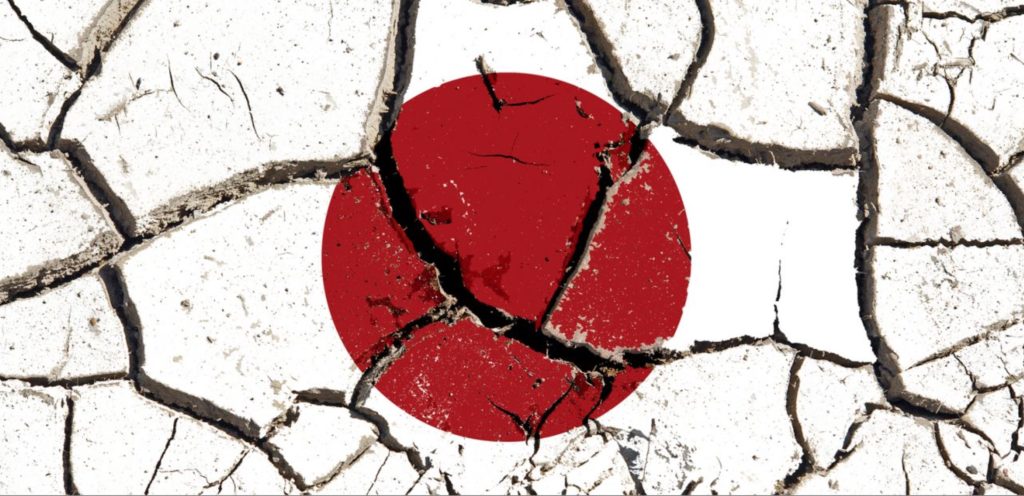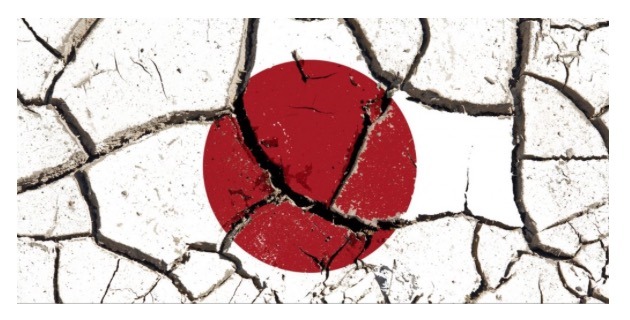
Their imminent departure from evening news programmes is not just a loss to their profession; critics say they were forced out as part of a crackdown on media dissent by an increasingly intolerant prime minister, Shinzo Abe, and his supporters.
Only last week, the internal affairs minister, Sanae Takaichi, sent a clear message to media organizations. Broadcasters that repeatedly failed to show “fairness” in their political coverage, despite official warnings, could be taken off the air, she told MPs.
Momii caused consternation after his appointment when he suggested that NHK would toe the government line on key diplomatic issues, including Japan’s territorial dispute with China. “International broadcasting is different from domestic,” he said. “It would not do for us to say ‘left’ when the government is saying ‘right’.”
From the Guardian article: Japanese TV Anchors Lose Their Jobs Amid Claims of Political Pressure
I’ve commented on the spectacular failure of Japan’s “Abenomics” several times in the past, most recently in last summer’s post, Japan’s Economic Disaster – Real Wages Lowest Since 1990, Record Numbers Describe “Hard” Living Conditions. Here’s what we learned:
Prime Minister Shinzo Abe came to power vowing to drag Japan out of deflation and stagnation. His logic was that rising prices would drive higher salaries and increased consumption. More than two years on, prices are rising, but wages adjusted for inflation have sunk to the lowest since at least 1990.
A record 62 percent of Japanese households described their livelihoods as “hard” last year in a survey on incomes. A sales-tax increase in 2014 helped drive up living costs faster than wage gains. At the same time, the Bank of Japan’s quantitative easing drove down the currency, boosting the cost of imported energy.
Fast forward a few months and things aren’t getting any better.
Earlier this week, Bloomberg reported:
Read more
Follow me on Twitter.





